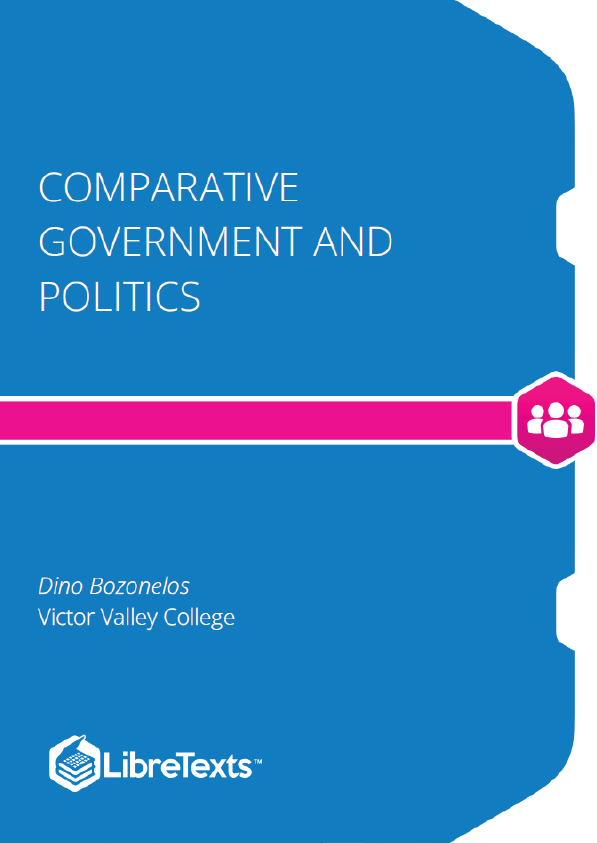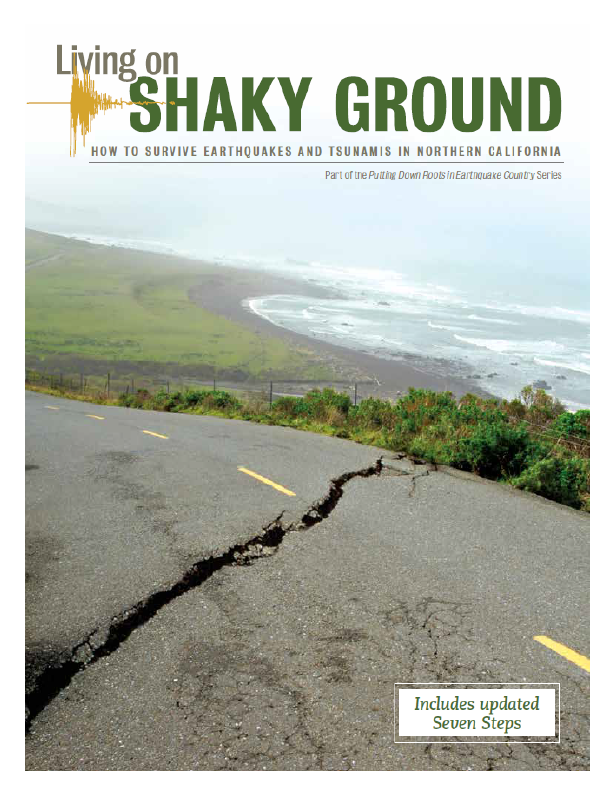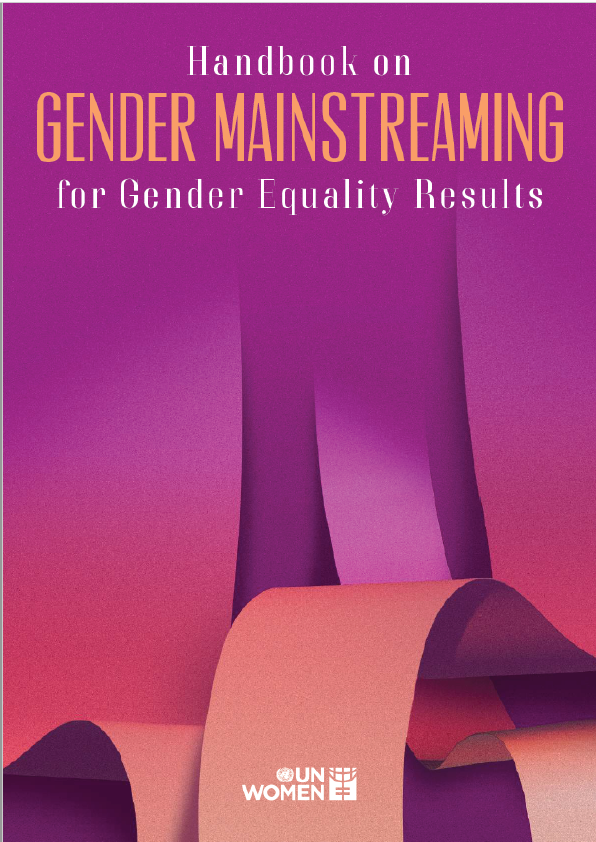What is Comparative Politics?
Have you ever read the news and wondered,
- “Why is this country at war with another country?” or
- “Why did that world leader say or do that?” or
- “Why doesn’t this country trade with that country?” or maybe, very simply,
- “Why can’t all these countries just get along?”
If you have, you’ve already begun asking a few of the many questions scholars within the field of comparative politics ask when practicing their craft. Many of the questions and concerns within the realm of comparative politics are centered on a wide spectrum of social, political, cultural and economic circumstances and outcomes, which provide students and scholars alike with robust and diverse opportunities for inquiry and discussion. The field of comparative politics is broad enough to enable provocative conversations about the nature of violence, the future of democracy, why some democracies fail, and why vast disparities in wealth are able to persist both globally and within certain countries. Whether a student watches or reads the news, or expresses any outward concern for global and current events, many of the problems and issues within comparative politics inevitably affect every single person on the planet.
So, what exactly is comparative politics? What differentiates comparative politics from other subfields within political science? What can be gained from studying comparative politics? The following sections introduce the field, outlook, and topics within comparative politics that will be further explored in this book.
Overview
When defining and describing the scope of comparative politics, it is useful to back up and recall the purpose of political science from a broad perspective. Political science is a field of social and scientific inquiry which seeks to advance knowledge of political institutions, behavior, activities, and outcomes using systematic and logical research methods in order to test and refine theories about how the political world operates. Since the field of political science is so broad, it has a number of subfields within it that enable students and scholars to focus on various phenomena from different analytical lenses and perspectives. Although there are many topics that can be addressed within political science, there are eight subfields that tend to garner the most attention; these include: (1) Comparative Politics, (2) American Politics, (3) International Relations (sometimes referred to as World Politics, International affairs, or International Studies), (4) Political Philosophy, (5) Research Methods and Models, (6) Political Economy, (7) Public Policy, and (8) Political Psychology. All of these subfields, to varying degrees, are able to leverage findings and approaches from a diversity of disciplines, including sociology, history, philosophy, psychology, anthropology, economics, and law. Given the vast scope of political science, and in order to understand where comparative politics fits within the discipline, it is useful to briefly consider these subfields side-by-side.











